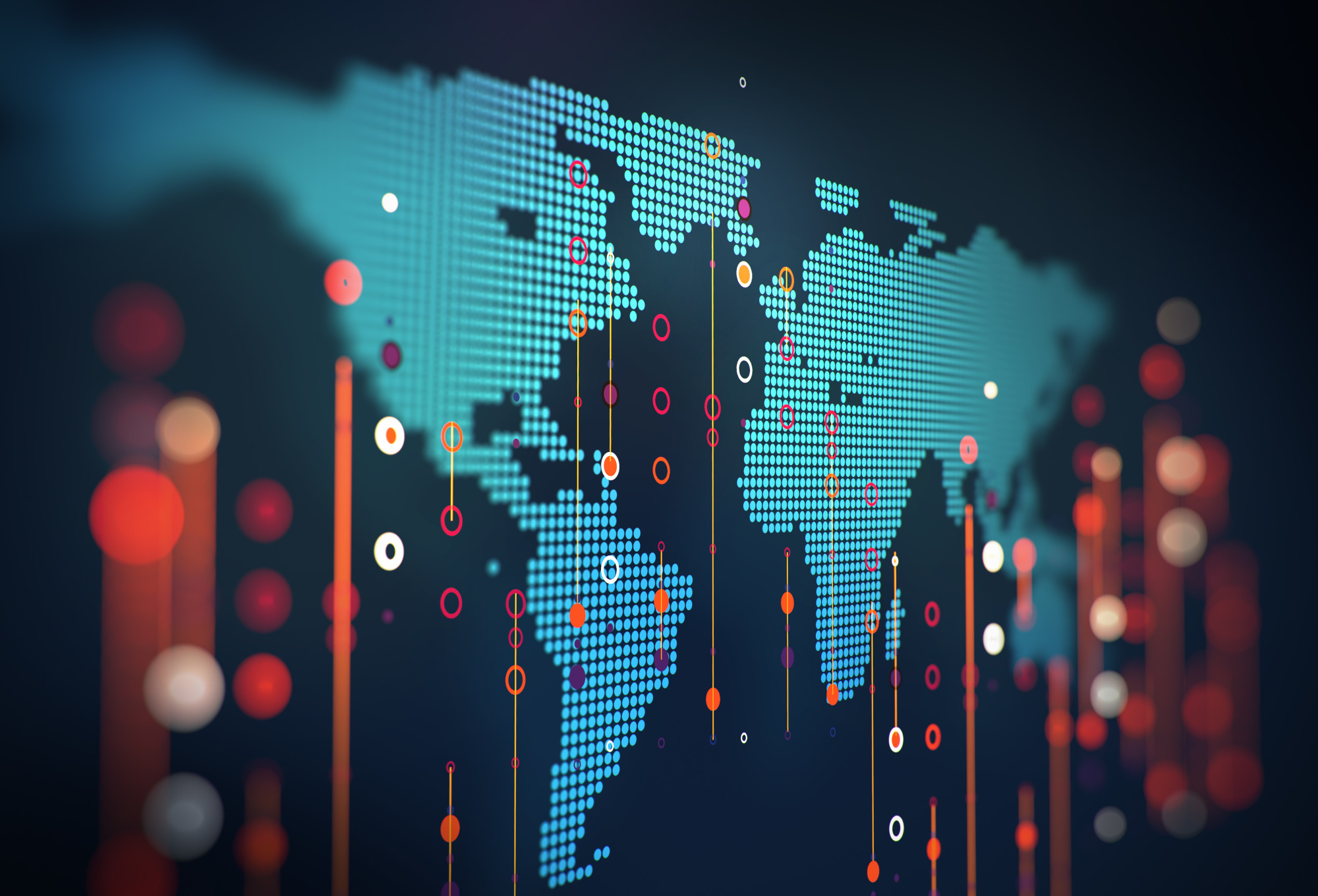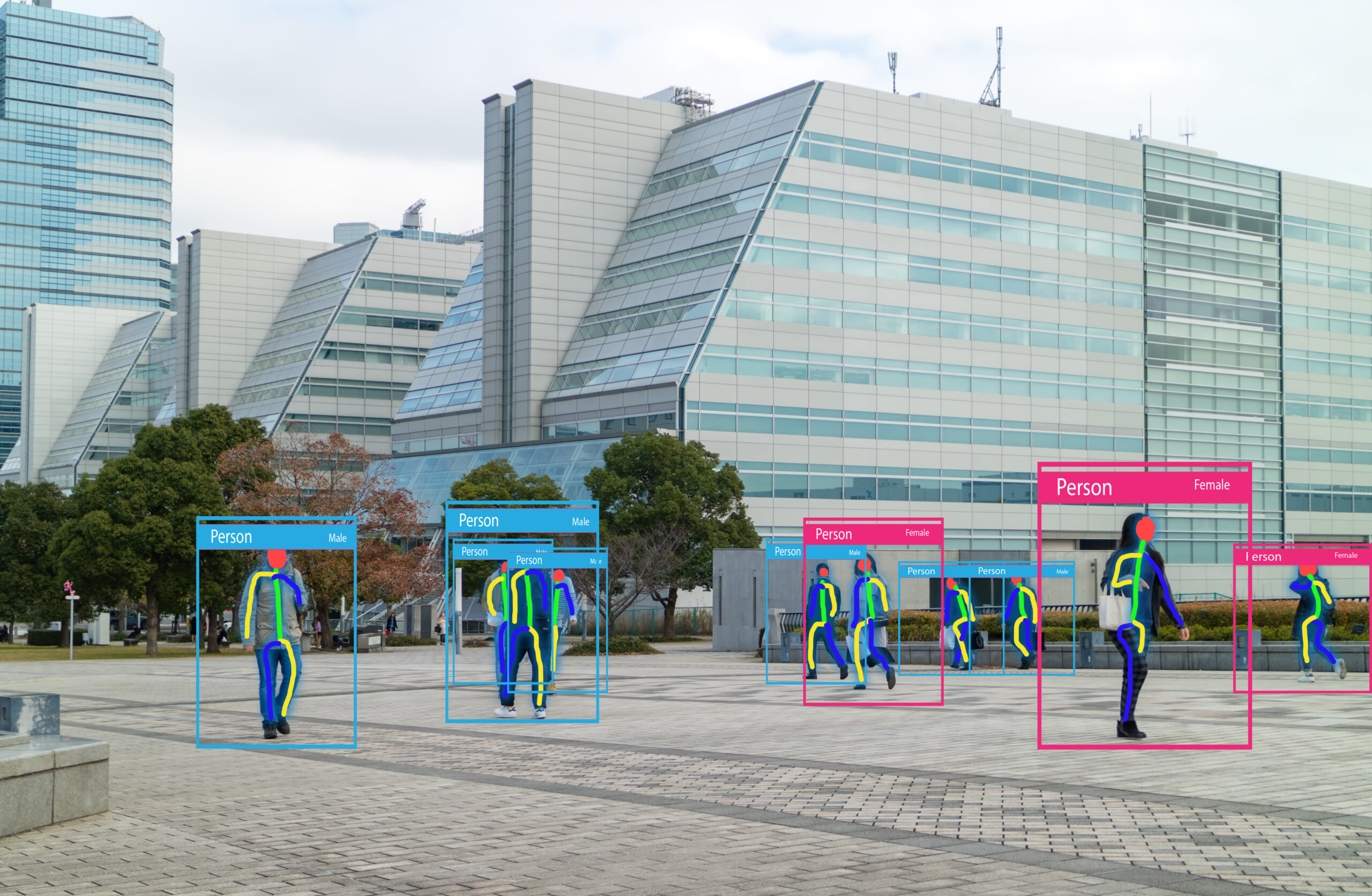Artificial intelligence has permeated many aspects of human existence since the creation of the first artificial intelligence program in 1955. Artificial intelligence is now making significant advances in healthcare, creative innovation, and even the legal system. While many people assumed we would only live long enough to see technology replace the labor of blue-collar workers, AI capabilities stretch far beyond that.
What Is Artificial Intelligence?
Artificial intelligence is “any computer program capable of doing activities that would otherwise need human intelligence.” This includes tasks requiring sophisticated cognition, such as visual perception, verbal understanding, and decision making.
Herbert Simon and Allen Newell created artificial intelligence in 1955. They are two scholars who merged their cumulative expertise in the disciplines of computer technology, cognitive psychology, and economics to create the Logic Theorist.
They created this program to mimic human problem-solving abilities to solve complex mathematical problems. Today, after more than a half-century of experiments, failures, successes, and moments of stunning exponential development, we live in a world of self-driving vehicles and AI customer service. A world in which we wake up every day and direct all of our queries to AI-powered search engines.
How Does Artificial Intelligence Work?
There are several components to an AI; which are sub-fields of the larger science of artificial intelligence.
In general, AI systems operate by consuming huge volumes of data and evaluating it for correlations and patterns. Then it uses these patterns to forecast future states. All of the following fields use and contribute to AI:
- Machine Learning. A branch of AI that allows computer systems, programs or apps to learn automatically and improve their output.
- Neural Networks. A system that repeatedly examines data sets to uncover relationships and extract meaning from undefined data. Neural Networks function similarly to neural networks in the human brain, allowing AI systems to take in massive data sets, discover patterns in the data, and answer questions about it.
- Natural Language Processing (NLP). This is an important part of the AI process because it allows computers to detect, analyze, interpret, and really grasp the human language, whether written or spoken. Humans require natural language processing for any AI-powered system, whether for written or oral-based tech.
Artificial intelligence works by combining systems these types of systems to create programs capable of responding to the environment and self-learn.
Why Is Artificial Intelligence Important?
Artificial intelligence is important because it can provide previously unknown insights in some situations and can often do tasks better than people. AI systems generally accomplish tasks quickly with minimal or no errors. This is especially true when it comes to repetitive, detail-oriented activities like evaluating vast quantities. While humans tire and fatigue over time, artificial intelligence can work as long as it’s powered.
- AI uses data to automate repetitive learning and discoveries. AI conducts regular, high-volume automated activities. It does so consistently and without tiring or making errors. Of course, we still need people to configure the systems in the first place.
- AI enhances the intelligence of existing items, for example the addition of Siri to Apple products. Many technologies can be improved by combining automation. Examples of improvements include conversational platforms, bots, and smart robots.
- AI bypasses human error. Unlike humans, artificial intelligence doesn’t make mistakes. This makes them an attractive alternative to humans for high-pressure jobs like flying an airplane.
- AI analyzes more data. It used to be difficult to analyze large data sets. With enormous computer power and artificial intelligence systems, all of that has changed. AI systems can analyze larger amounts of data in shorter spaces of time.
- AI can improve healthcare. Artificial intelligence can improve healthcare by better detecting malignant tumors. They have been proven to be more accurate at deciding whether surgery was necessary after analyzing breast scans.
Is Artificial Intelligence Good?
The answer to the question Is artificial intelligence good? is somewhat nuanced. Artificial intelligence can potentially contribute to an improved landscape where difficult or dangerous work no longer needs to be done by humans. However, many people have raised concerns that artificial intelligence may overtake so much of the workforce that it leads to a rise in unemployment.
Moving forward, it’s important to take these factors into account. Wherever the use of artificial intelligence replaces human jobs, there should be a network of support for discharged workers to change careers or find new jobs.
What Industries Use Artificial Intelligence?
Today, artificial intelligence pervades many industries, some of which may be surprising. Here’s a list of some of the industries that use artificial intelligence:
- Healthcare
- Finance
- Customer service
- Marketing
- Food
- Manufacturing
- Logistics and transportation
- Aviation
- Entertainment and gaming
To Wrap Up
So, what is artificial intelligence? Hopefully, that’s cleared up for you by now. Artificial intelligence is important because it makes processes easier and faster. It works by taking in a lot of data and processing it to come up with a decision or answer. This technology is used in many industries, including healthcare, finance, manufacturing, and logistics. One of the benefits of artificial intelligence is that it can help us make better decisions based on all the data that’s available.
For example, if you are a doctor, you can use artificial intelligence to diagnose diseases by comparing symptoms with past cases and determining the best course of treatment. Another benefit of using AI is that it helps us automate repetitive tasks. For or instance, if you are a bank teller, you can use AI to automatically identify fraudulent transactions.
2 Comments
Comments are closed.












[…] Artificial intelligence is at play every time you use Google to look for information. With intelligent software, their search engine can generate relevant responses to your questions in milliseconds. […]
[…] Artificial intelligence is a type of computer program that learns and improves as it receives more information. It may start out a little inaccurate but, as it does the job more and more, it will get better. Once it does so, it has the potential to complete the job without much human interference. […]